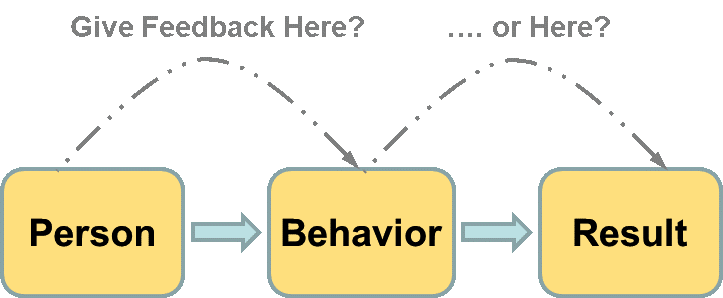If you’ve been a manager for very long, you’ve undoubtedly been told to “focus on the behavior, not the person” when giving feedback. I’ve heard it throughout my career, but like so many clichés, it is a bit oversimplified. Actually, it really doesn’t make sense. Isn’t a person’s behavior part of their being a person? […]
Coaching
Great decision makers focus on the problem to be solved before considering solutions. They ask “why” several times to identify the root cause(s) that are most deserving of their attention. The reason—most problems when first encountered are symptoms of deeper issues. When you ask “why do we have this problem” a few times, you get
Some people like structure in what they do. Some don’t. Those who don’t say structure inhibits flexibility and creativity. Structure doesn’t accommodate unplanned requests and urgent matters. Structure is no longer appropriate for our contemporary society described as volatile, uncertain, complex, and ambiguous (VUCA). They say “structure is no fun.” In contrast, those who like
One of the most complicated responsibilities managers have is the empowerment of their employees. Employees want to be empowered to do their jobs, yet many managers feel the need to control their work. Some managers even withhold the work. For those managers who do delegate work, many then struggle with how to follow up. For good
Of all the many factors that impact an organization’s performance, studies consistently find an organization’s leadership has the most impact. So, for good reason, leadership development receives a lot of attention. Many books, seminars, and other resources target leadership development. Yet, the quality of leadership shows little improvement from year to year with many studies finding



